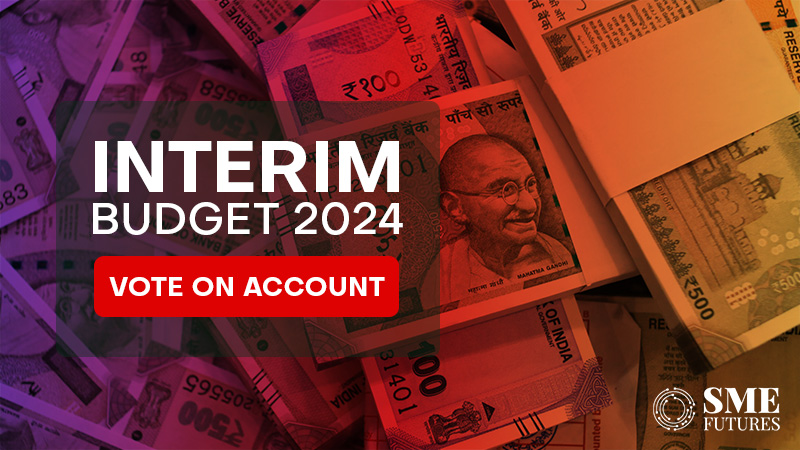As the political and economic landscape gears up for the unveiling of the Interim Budget 2024, one term that often surfaces in budgetary discussions is the “Vote on Account.” Understanding its significance is key to grasping the nuances of the budgetary process during an interim period.
What is a Vote on Account?
A Vote on Account is a special provision that allows the government to obtain the necessary funds for its basic functioning during an interim period, typically in the transition between two fiscal years. It serves as an interim budget mechanism, enabling the government to meet essential expenditures until a full-fledged budget is presented and approved by the new government.
Key Aspects of the Vote on Account:
- Basic Necessities:
The primary purpose of a Vote on Account is to secure funds for essential and non-controversial expenditures, ensuring the continuity of government functioning. This includes salaries, pensions, debt interest payments, and other routine operational expenses. - Duration:
The validity of a Vote on Account is usually limited to a few months, covering the immediate period until the new government can present a comprehensive budget. It acts as a temporary financial arrangement to avoid a budgetary vacuum. - Restrictions on New Schemes:
Typically, a Vote on Account does not allow for the introduction of new schemes or significant policy changes. Its focus is on maintaining financial stability and addressing routine expenses rather than initiating major financial overhauls. - Parliamentary Approval:
A Vote on Account requires parliamentary approval. Although it is considered a routine and non-controversial measure, it undergoes the scrutiny of the legislature to ensure transparency and adherence to financial protocols.
Significance in Interim Budget 2024:
- Transition Period:
With the impending general elections and the formation of a new government, Interim Budget 2024 serves as a crucial bridge to maintain financial stability during the transitional phase. The Vote on Account facilitates the continuation of essential government functions without disruptions. - Avoiding Fiscal Dilemmas:
The interim period can be marked by uncertainty, and the Vote on Account serves as a pragmatic solution to avoid fiscal dilemmas. It ensures that the government has the financial means to fulfill its basic obligations until a more comprehensive budget can be formulated. - Non-Controversial Spending:
During the interim period, the government refrains from initiating controversial spending or policy changes. The focus is on routine expenditures, ensuring a smooth transition without major financial disruptions. - Oversight and Accountability:
The parliamentary approval process for the Vote on Account ensures oversight and accountability in government spending. While it may not delve into the intricacies of a full budget, it still undergoes scrutiny to maintain financial discipline.
The Vote on Account in Interim Budget 2024 plays a pivotal role in navigating the transitional period between governments. By addressing essential financial needs and adhering to a non-controversial spending approach, it upholds the principles of fiscal responsibility and ensures the continuity of essential government functions until a more comprehensive budget can be presented and approved.











